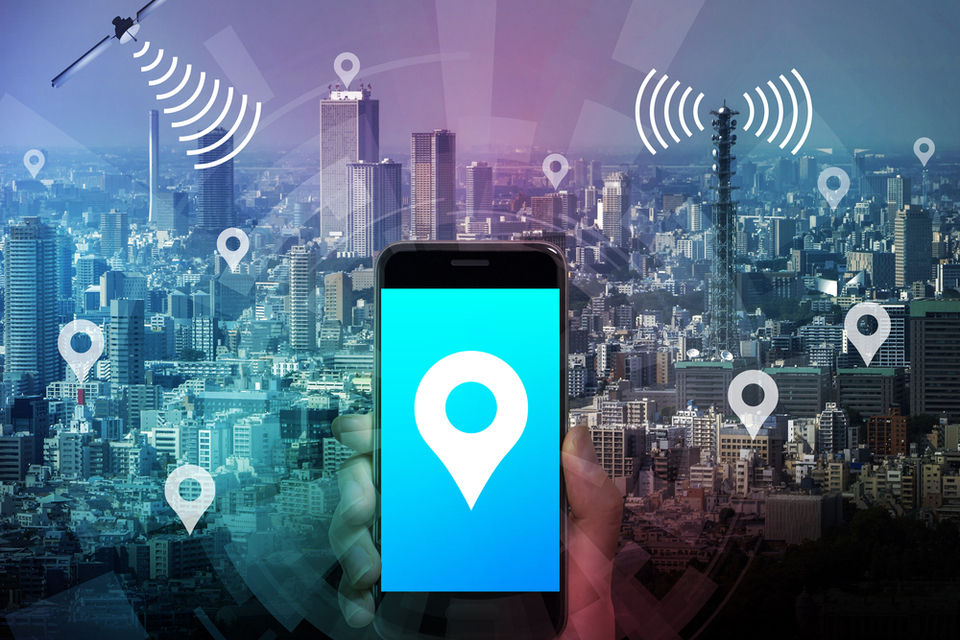In its first piece of the “One Nation, Tracked” investigation, the New York Times exposed a massive cellphone tracking in the United States.
On Thursday, the Times reported that anonymous sources provided the largest and most sensitive location tracking data files yet.
The data file contains over 50 billion location pings from the smartphones of more than 12 million Americans in several major cities. These include New York, Washington, San Francisco, and Los Angeles.
“Each piece of information in this file represents the precise location of a single smartphone over a period of several months in 2016 and 2017,” The Times reported.
The Times noted that the data tracks smartphone users from nearly every neighborhood and block in the covered cities.
Whether you live in a mobile home in Alexandria or a luxury tower in Manhattan, there’s a chance that you’re there too.
Now you’re wondering:
Where Did the Cellphone Tracking Data Come From?
According to the Times, the data originated from a location data company that slip apps into smartphones to gather precise movements.
While you may not have heard of any of these companies, you’ve probably given them access to your location data. Think about your weather apps, local news apps, or even a coupon saver on your phone.
It could be an app on your smartphone that you consented to share your location with. That’s right; the keyword there is “consent.”
These companies justify their business with the claim that people consented to be tracked. Also, they said that the data is secure and anonymous.
The location data companies promise anonymity to allay concerns about their invasive tracking. However, the Times pointed out that such claims are exaggerated.
To demonstrate how easy it is to figure out a person’s real name based on a dot on the map, the reporters decided to identify people in the position of power.
The NYT report reads:
“We spotted a senior official at the Department of Defense walking through the Women’s March, beginning on the National Mall and moving past the Smithsonian National Museum of American History that afternoon.”
As alarming as it sounds to have your location tracked by an unknown company, it’s still perfectly legal. Since no federal laws limit the lucrative trade of human tracking, the companies are free to collect and sell the information as they see fit.
This raises another question:
Why Do Companies Collect Location Data?
Companies collect location data for advertising, political influence, city planning, transportation planning, among others.
Brands usually pay for location data to understand a customer’s journey from seeing an ad to making a purchase. Not only will this insight help the companies know what we buy, but also why we make our purchases.
Meanwhile, political campaigns can analyze such data to know the interests and demographics of their rally attendees. Using the information, they could then deliver a message that’ll appeal to the audience.
Other uses of Pointillist location data include population studies.
For example, last year, the City Council of Portland approved a deal to study traffic and transit by monitoring millions of cellphones.
In response to the Times report, the American Civil Liberties Union directed a call-to-action at the Congress.
“This investigation exposes the disastrous implications of living in a society where companies are allowed to turn our cell phones into always-on tracking devices with zero legal limitations or oversight,” the ACLU tweeted.
“Action from lawmakers is already years overdue.”











Comments (0)
Most Recent